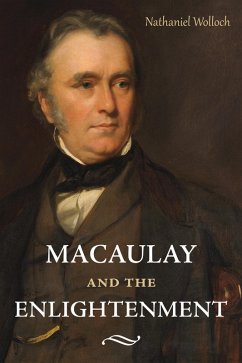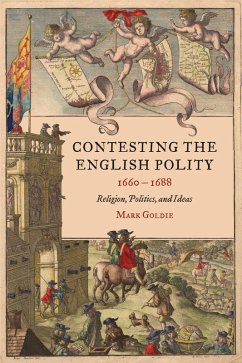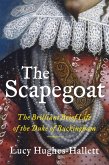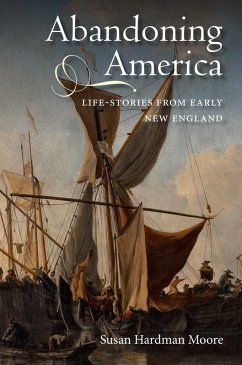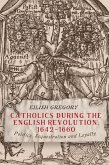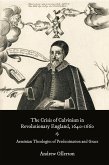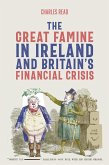A new intellectual biography of Thomas Babington Macaulay, showing how nineteenth-century British liberal culture retained and transformed the ideas of the Enlightenment in a rapidly changing world.
Macaulay and the Enlightenment sheds new light on both familiar and unfamiliar aspects of the life and ideas of this most famous of nineteenth-century British historians. Thomas Babington Macaulay (1800-1859) was a prominent representative of mainstream British liberalism in the first half of the nineteenth century. He was also a Member of Parliament and government minister, and famously spent several years as a member of the governing council in India, where he promoted legal and educational reforms.
One of the book's key contributions is the investigation of Enlightenment influences on the more well-known aspects of Macaulay's thought: history, politics, social and economic issues, religion, revolution and colonialism. The book also offers new revelations about Macaulay's attitude towards women, and provides insight into his views on art, nature and animals.
In this study, Macaulay emerges as a more subversive, at times even radical, figure than previously assumed. The book thus emphasizes the transformation of Enlightenment ideas into early nineteenth-century liberalism.
Macaulay and the Enlightenment sheds new light on both familiar and unfamiliar aspects of the life and ideas of this most famous of nineteenth-century British historians. Thomas Babington Macaulay (1800-1859) was a prominent representative of mainstream British liberalism in the first half of the nineteenth century. He was also a Member of Parliament and government minister, and famously spent several years as a member of the governing council in India, where he promoted legal and educational reforms.
One of the book's key contributions is the investigation of Enlightenment influences on the more well-known aspects of Macaulay's thought: history, politics, social and economic issues, religion, revolution and colonialism. The book also offers new revelations about Macaulay's attitude towards women, and provides insight into his views on art, nature and animals.
In this study, Macaulay emerges as a more subversive, at times even radical, figure than previously assumed. The book thus emphasizes the transformation of Enlightenment ideas into early nineteenth-century liberalism.
Dieser Download kann aus rechtlichen Gründen nur mit Rechnungsadresse in A, D ausgeliefert werden.

